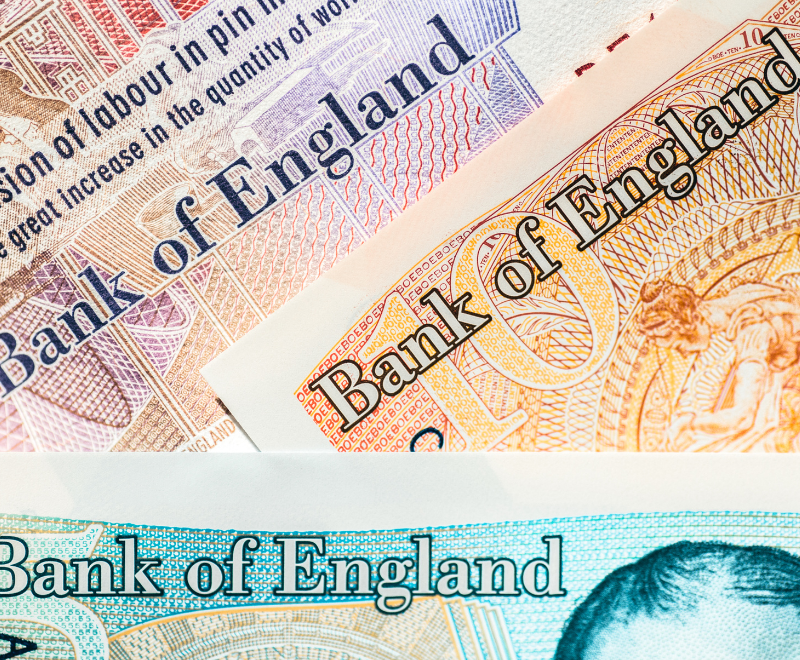The recent local elections became the latest stage for voters across the UK to demonstrate their anger and frustration at two political parties struggling to represent their traditional heartlands. For the first time in modern British history, this two-party structure is in doubt, with each at risk of a damaging, possibly irreparable, split.
Brexit is dominating, indecision is rife, and the mainstream is facing threats from across the political spectrum.
Between them, our two biggest parties just lost over 1,400 seats and 50 councils. The Labour Party expectedly relinquished seats in England last week, but fared much better than the Conservatives, which had their worst local performance since John Major was in No 10. Voters vented their frustration with the Brexit process by punishing whichever party represented the political establishment locally. This is not political apathy; voters are desperately looking for an alternative.
But with neither of the UK’s newest political forces on offer – Nigel Farage’s Brexit Party and Change UK – independent candidates up and down the country were elected in their droves. On a national scale, this is the ultimate protest vote. A vote against established party politics. In Middlesbrough, which previously had a Labour mayor, independent candidate Andy Preston, a local businessman, won the mayoral contest by a landslide. This was much more than local people voting for local issues; people are voting for authenticity that they can’t find with Conservative or Labour.
Looking ahead to European Parliament elections in two weeks, the Brexit Party and Change UK are expected to make huge gains at their expense. Both parties are seeking to capitalise on public disdain with a blend of celebrity and non-political candidates, including the likes of journalist Rachel Johnson and Robin Bextor, the film director dad of singer Sophie Ellis-Bextor.
In the UK, large chunks of the population have always held tribal associations to a party. But since Brexit entered the lexicon, everyday political concerns have been cast aside. This has left a gap for issues-focused, charismatic movers with no political experience or history representing the status quo.
This isn’t just a British problem either. Keeping with the spirit of our times, personalities from the small screen or the stage — including Volodymyr Zelensky and Pete Buttigieg — are on the brink of achieving huge political stature. A major new report also claims that there could be as many as 97 million swing voters across Europe at this year’s European Parliament elections. The question for political strategists in the UK is whether these really are “swing” voters or if they are leaving the traditional parties for good.
Clearly, if Labour and the Conservatives are to have any hope of clinging on to these supporters, then they need to change their offer, and fast. Both parties must recast themselves in traditional terms, going back to their roots with specific policies that will positively impact the lives of citizens. Farage’s success lies in compounding the “you’re all the same” line, hoovering up votes across the UK and hoping to keep them well after the European Parliament elections.
Therefore, the electoral answer to socialism isn’t socialism-lite but creative, well-articulated and truly popular capitalism, and vice versa. Only then will they begin to win back the trust of the UK’s moderate majority.
Keeping the two parties intact will require strong leadership on both sides. The Tories face a choice: Go for the buccaneering free-market economics of someone like Raab; bring some populism to Downing Street with Boris; or go for something a bit more centrist with the likes of Hunt and Hancock to try and appease the strong and growing rebellion amongst grassroots Conservative members.
But the first order of business for the Party is to bring an end to its Brexit hysteria. It must be more than the natural party of government and begin to represent genuine conservatism. If the new leadership sets out a positive agenda based on a pro-business, pro-economy, socially liberal position, it may be possible to unify and move on from the current lethargy. As one Tory councillor leader aptly put it last week, “There is a hunger for a generational shift so that someone who gets the housing issue, the changes in society caused by tech, a more dynamic flexible economy will nail it.” The alternative is to descend into bickering disarray over Brexit and allow the internal coalitions to divide into separate factions that tear the Party apart from the seams.
A splintered Conservative Party is ultimately good news for Labour—providing it can come up with a coherent party line. But the Party’s inconsistent messaging saw it punished at the local elections as well. Nine years into a Tory government at war with itself, and Labour are still losing seats. While the European elections look to be more promising for the party, a crushing victory for the Brexit Party would be bad news for them as well.
Assuming its leader remains in place, it may be a question of Corbyn finally committing to one approach on Brexit — and then working out how to bring his Party together to deliver a Party-wide ideological consensus that no one so far seems prepared to embrace. For Labour, genuine social democracy, like recent funding increases for buses, rail renationalisation and ardent environmental protection, could be key in post-Brexit politics. With its two biggest parties stuck in the mud, Britain’s voters are starting to lose patience.



